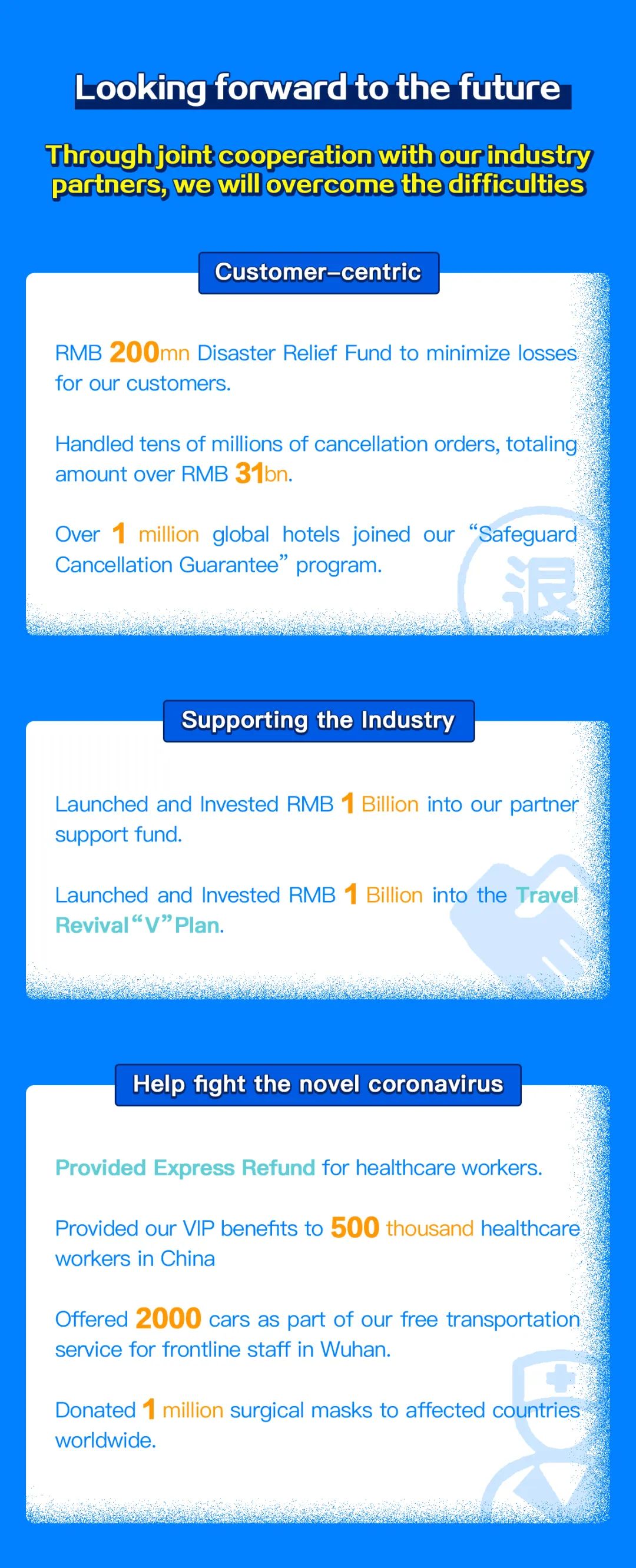Discover the Best Variable or Fixed Interest Student Loan Options for Your Future
Guide or Summary:What is a Variable Interest Student Loan?What is a Fixed Interest Student Loan?Comparing Variable and Fixed Interest Student LoansFactors t……
Guide or Summary:
- What is a Variable Interest Student Loan?
- What is a Fixed Interest Student Loan?
- Comparing Variable and Fixed Interest Student Loans
- Factors to Consider When Choosing Your Student Loan
- Making an Informed Decision
When it comes to financing your education, choosing the right type of student loan is crucial for your financial future. One of the most significant decisions you'll face is whether to opt for a variable or fixed interest student loan. Understanding the differences between these two options can empower you to make an informed choice that aligns with your financial goals and circumstances.
What is a Variable Interest Student Loan?
A variable interest student loan features an interest rate that can fluctuate over time, typically based on a benchmark rate, such as the prime rate or LIBOR. When you choose a variable interest loan, your monthly payments may change as the interest rate adjusts. This type of loan can be appealing if you anticipate that interest rates will remain low or if you are planning to pay off your loan quickly. However, the uncertainty of future payments can be a risk, especially if interest rates rise significantly.
What is a Fixed Interest Student Loan?
On the other hand, a fixed interest student loan has a stable interest rate that remains unchanged throughout the life of the loan. This predictability allows borrowers to budget their finances more effectively, as they know exactly what their monthly payments will be. Fixed interest loans are often preferred by those who value stability and want to avoid the risk of fluctuating payments. However, they may start with a higher interest rate compared to variable loans, which could mean higher initial costs.

Comparing Variable and Fixed Interest Student Loans
When weighing the pros and cons of variable versus fixed interest student loans, consider your personal financial situation, risk tolerance, and long-term goals. If you are comfortable with some level of risk and are planning to pay off your loan quickly, a variable interest loan might save you money in the long run. Conversely, if you prioritize stability and are looking for predictable payments, a fixed interest loan may be the better choice.
Factors to Consider When Choosing Your Student Loan
1. **Interest Rates**: Research current interest rates for both variable and fixed options. A lower initial rate may make a variable loan appealing, but consider potential future increases.
2. **Loan Term**: The length of time you plan to take to repay your loan can influence your choice. Shorter terms may mitigate the risks associated with variable rates.

3. **Financial Stability**: Assess your overall financial situation. If you have a stable income and can handle potential fluctuations in payments, a variable interest loan may be suitable.
4. **Future Plans**: Consider your career trajectory and earning potential. If you expect significant income growth, you may be better equipped to handle a variable interest loan.
Making an Informed Decision
Ultimately, the choice between a variable or fixed interest student loan depends on your individual circumstances. Take the time to evaluate your financial goals, risk tolerance, and repayment strategy. Consult with financial advisors or use online calculators to project your payments under different scenarios.

Choosing the right student loan can set the foundation for your financial future. Whether you opt for a variable or fixed interest student loan, being informed and proactive about your financing options will help you navigate your educational journey with confidence.
In conclusion, understanding the nuances of variable and fixed interest student loans is essential for any prospective student. By making an informed decision, you can secure the financing you need while minimizing potential financial stress in the years to come.